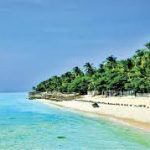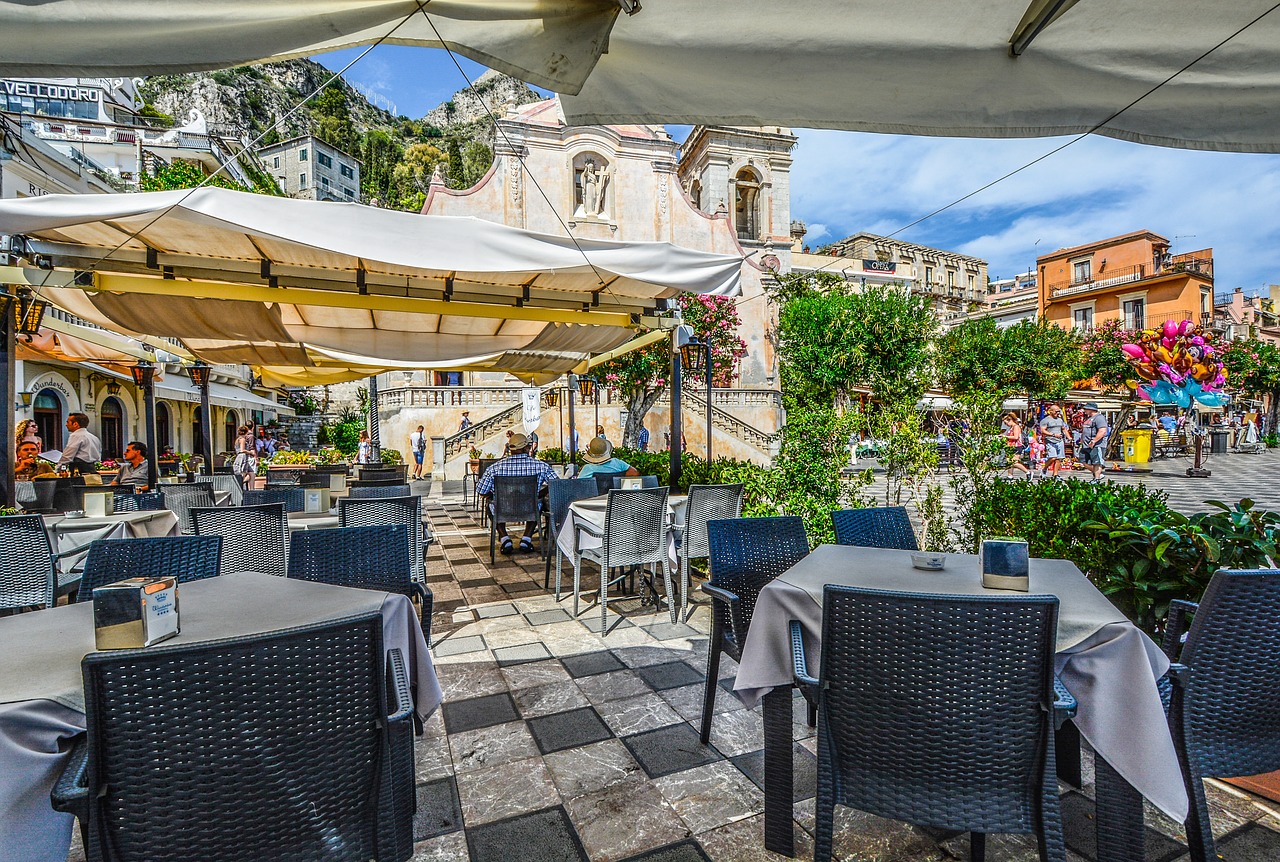Lakshadweep Member of Parliament Muhammed Hamdulla Sayeed strongly opposed the government’s move to acquire Bitra Island for defence and strategic purposes, calling the plan “ill-conceived” and urging the Centre to withdraw the notification immediately.
Bitra: Lakshadweep’s Smallest Island, But Biggest Economic Zone
Sayeed highlighted that Bitra Island, though less than a kilometre in size with a population of only around 350–500 residents, plays a vital economic role for the entire Lakshadweep archipelago.
He explained that the island is home to the largest lagoon in Lakshadweep, covering about 45 square kilometres, which serves as the primary fishing ground for communities across the islands. Fishermen regularly camp there, making it a key source of livelihood and economic stability.
“No Compensation Plan for Bitra Residents”
Raising the issue in the Lok Sabha during the Monsoon Session, Sayeed said the government has no compensation plan for the local population, who depend heavily on fishing and coconut cultivation.
“The Revenue Department has issued a notification to acquire Bitra Island under the pretext of national security. But for decades after independence, there has never been a security threat. The island already has both Coast Guard and Navy units,” Sayeed told Parliament.
He stressed that the proposed acquisition would not only displace residents but also severely impact the fishing economy of Lakshadweep.
Strategic Location Cited as Justification
A notification issued on July 11 by the Lakshadweep Revenue Department called for a social impact assessment, citing the island’s strategic location, national security importance, and logistical challenges of civilian habitation as reasons for the takeover.
However, Sayeed argued that security concerns cannot outweigh people’s livelihoods, and urged the Centre to reconsider and revoke the notification immediately.
Growing Fear Among Locals
According to reports, the potential acquisition has triggered anxiety among Bitra’s residents, who fear losing their homes and traditional fishing grounds. Many believe this move would disrupt the fragile socio-economic balance of the region, which is already classified as socially and economically backward.






















